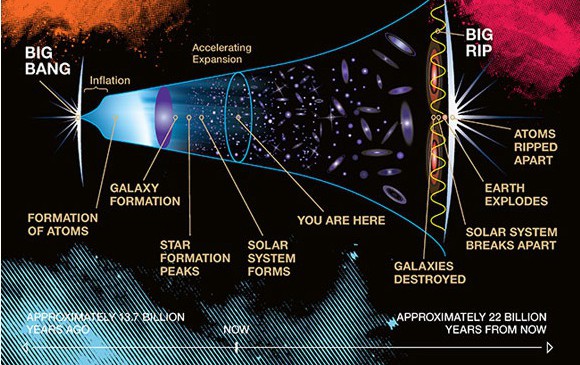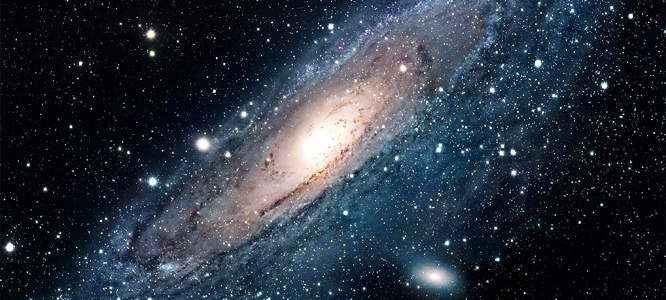
(a) Include this statement: “I, student name, affirm that I completed my independent component which represents 31 ½ hours of work.”
(b) Cite your source regarding who or what article or book helped you complete the independent component.
George Blumenthal, Laura Kay, Stacy Palen, and Brad Smith. 21st Century Astronomy. Forth Edition. New York: W.W. Norton & Company, 2013. Print.
Crash Course. "High Mass Stars: Crash Course Astronomy #31." Online video clip. Youtube. Youtube, 10 Sept 2015. Web. 3 Apr. 2015.
Crash Course. "Introduction to the Solar System: Crash Course Astronomy #9." Online video clip. Youtube. Youtube, 12 Mar 2015. Web. 2 Apr. 2015.
Crash Course. "Low Mass Stars: Crash Course Astronomy #29." Online video clip. Youtube. Youtube, 20 Aug 2015. Web. 2 April. 2016.
Crash Course. "Stars: Crash Course Astronomy #26." Online video clip. Youtube. Youtube, 23 Jul 2015. Web. 2 Jan. 2016.
Crash Course. "The Sun: Crash Course Astronomy #10." Online video clip. Youtube. Youtube, 19 Mar 2015. Web. 3 Apr. 2015.
Crash Course. "White Dwarfs & Planetary Nebulae: Crash Course Astronomy #30." Online video clip.
Youtube. Youtube, 27 Aug 2015. Web. 3 Apr. 2015.
Youtube. Youtube, 27 Aug 2015. Web. 3 Apr. 2015.
(c) Update your Independent Component 2 Log (which should be under your Senior Project Hours link)
(d) Explain what you completed.
Basically what I did was create a little graphic novel explain the life of the Sun. I wanted the book to be short and easy to understand for the average comic book reader.
(e) Defend your work and explain the component's significance and how it demonstrates 30 hours of work.
The significance of this independent component goes beyond the story written. The reason why I decided to learn about stars and the Sun was because in my third interview with Carol Hood, she explained to me that I had to understand the stars to fully grasp the concept of the ending of the universe. She wanted me to know just how much work and years a star did and lived, only to have it be alone in the end. It is the cycle of life, but not on Earth. This was a component that made me think more about how precious everything is and how significant the end of the universe will be. Although of course it’s not going to happen for many many years.
Another reason why this component was significant is that I helped me learn how to teach astronomy to people who haven’t really learned about it. By doing this comic, I was able to understand how I should speak to my audience when talking about my EQ (the humor in the book was just kind of a bonus).
(f)How did the component help you answer your EQ? Please include specific examples to illustrate how it helped.
I already found all the answers I needed for my EQ long before this independent component, but like I said above, it helped me understand how I should execute the concepts of astronomy to people who haven’t really studied it.










